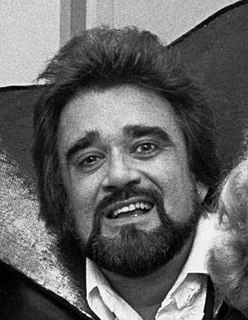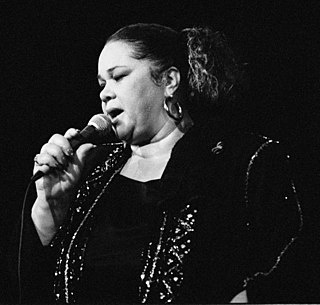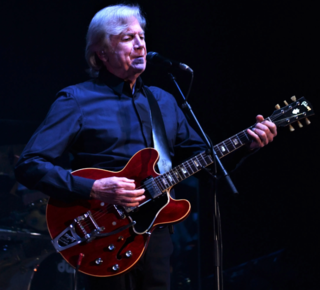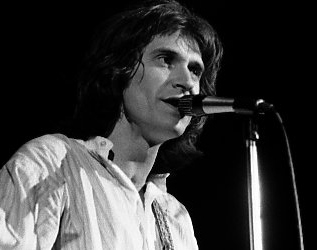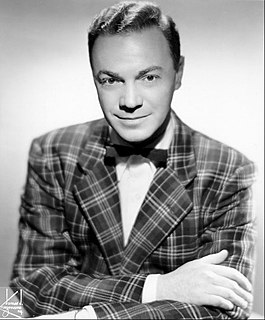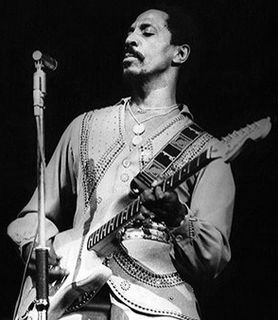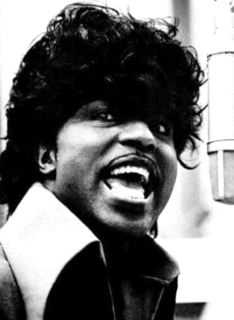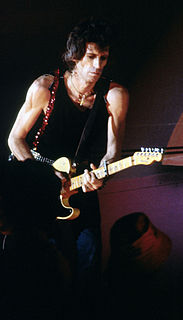A Quote by Tom Jones
When I started off in Wales, I sang and accompanied myself with guitar in the '50s. And then I got a band together, which is a rhythm section, really. I used to do a lot of blues, and rhythm and blues, and '50s rock 'n' roll and country, and all kinds of stuff.
Related Quotes
I'm a bluesman moving through a blues-soaked America, a blues-soaked world, a planet where catastrophe and celebration... "Joy and Pain" - sit side by side. The blues started off in some field, in some plantation, in some mind, in some imagination, in some heart. The blues blew over to the next plantation, and then the next state. The blues went south to north, got electrified and even sanctified. The blues got mixed up with jazz and gospel and rock and roll.
What interested me about Chuck Berry was the way he could step out of the rhythm part with such ease, throwing in a nice, simple riff, and then drop straight into the feel of it again. We used to play a lot more rhythm stuff. We'd do away with the differences between lead and rhythm guitar. You can't go into a shop and ask for a "lead guitar". You're a guitar player, and you play a guitar.

